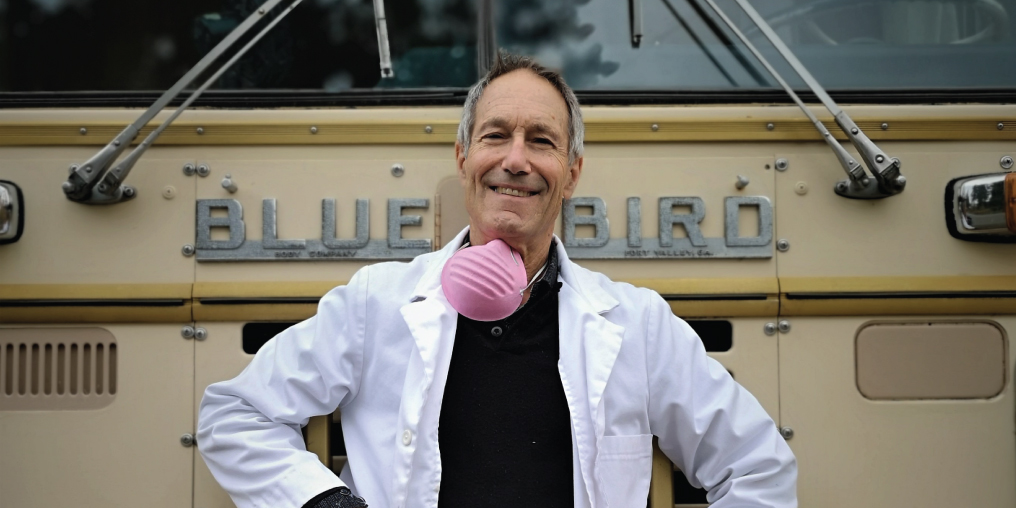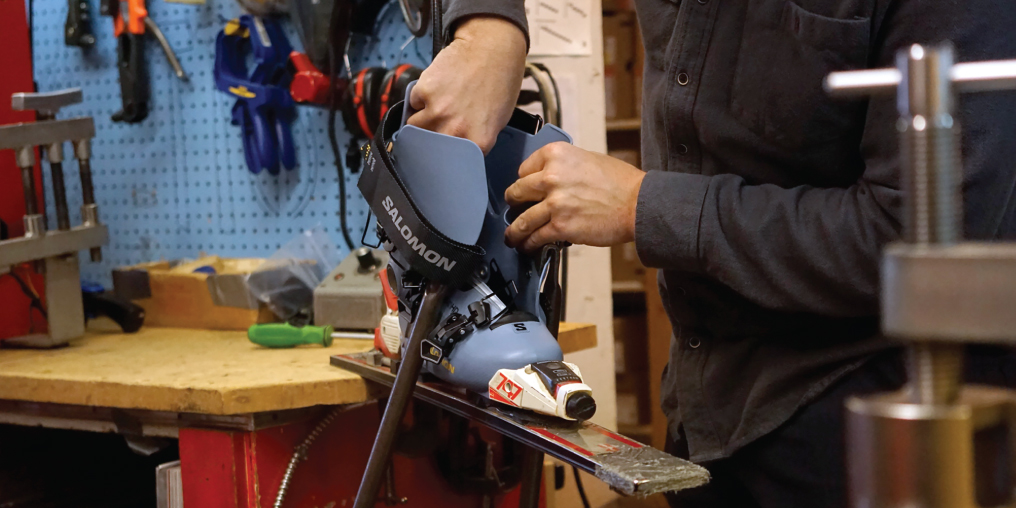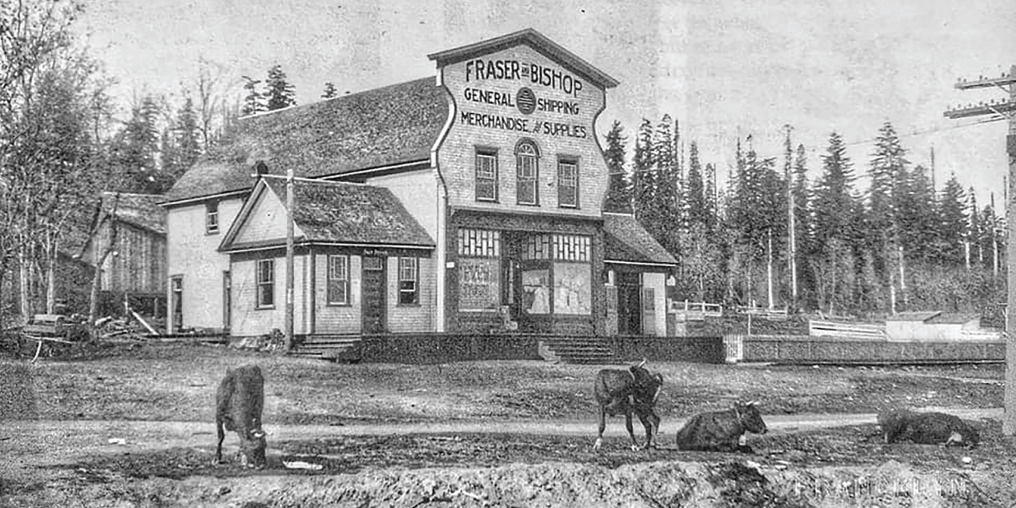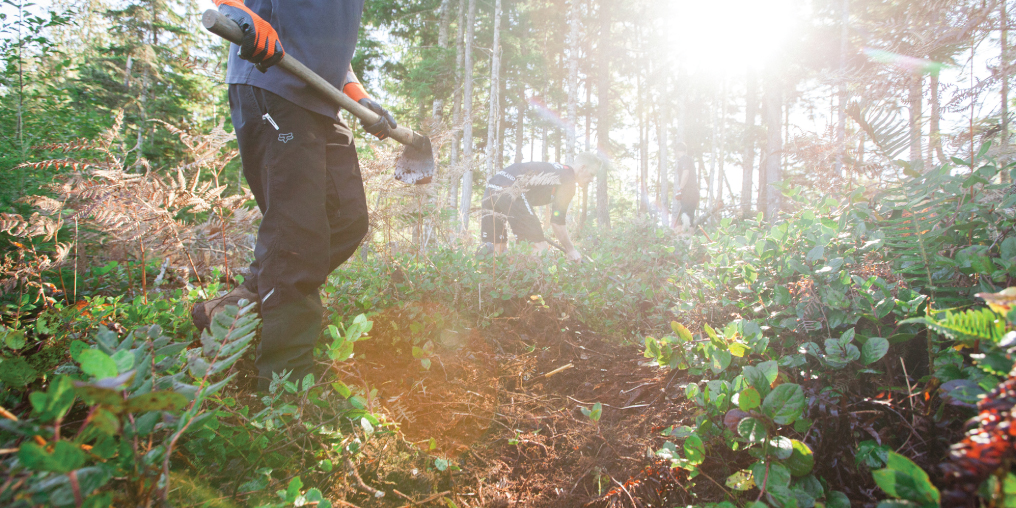Things are often done a little differently on the Gulf Islands. Partly by necessity, partly by inclination, these communities are nests of creative innovation, alternative lifestyles, and unconventional solutions.
This holds true even for dentistry. For the past 36 years, Hornby and Denman Islanders have enjoyed the services of Dr. Peter Walford’s travelling dental bus—quite possibly the only mobile dentist office in the province.
At the end of October 2022, Dr. Walford hung up his drill, signalling the end of an era. The bus is now parked on Hornby Island, its days of travelling back and forth on the ferry over.
For decades, Island residents enjoyed the convenience of having a dentist on site, rather than needing to take the ferry to “the other side” (Vancouver Island).
But the dental bus was about more than that. Islanders valued having a dentist who was part of the community and had known them and their family for years. They loved visiting the cozy, welcoming bus with its hand-crafted wooden interior, its locally made toys in the tiny waiting area, and its ceiling covered with political buttons and funny fridge magnets. They appreciated paying accessible prices for top-quality dental care.
Looking back, Walford says it all worked out the way he’d hoped. “I don’t think it’s a mistake to do the thing you love,” he said, referring to his decision to leave his conventional practice and embark on a three-and-a-half-decades-long bus trip.
Walford had owned several dental clinics on Vancouver Island, but that life just hadn’t felt right.
“At one point I had a three-chair practice in Duncan. There was enough work there for a lifetime. I was fighting the clock all day, moving from chair to chair as fast as I could. I had no time to connect with people. The money was amazing, but I wanted to be in the country, eating fresh food, swimming in the ocean, and sailing,” he says.
A few years later, he was working in Cumberland and noticed that he felt a particular affinity with the patients from Denman and Hornby.
“The people who choose the islands have the will and capacity to manifest their own vision of how their lives can be … I thought, these are my kind of people,” Walford told CDA Essentials, the Canadian Dental Association’s magazine, in a 2019 profile.
“I thought, I could stay where I am and suffer or I could go where the joy is,” says Walford. But how to make it work? A population of 3000 was considered the minimum to support a dental practice. Both islands together came to about two thirds of that.
“I did some quick back-of-the-napkin calculations and figured that with a bus I could serve both islands,” he says. He bought a 28-foot partially converted school bus and turned it into a dental clinic. He found parking sites on both islands with access to power, sewage, and phone lines, and soon had a steady practice.
For years, Walford drove the bus back and forth on the ferry, enjoying a daily commute that might include whale sightings and spectacular sunrises. At one point he changed his approach. To lower his costs and his carbon emissions, he kept the bus for a week on one island and a week on the other, getting back and forth on non-driving days through a combination of cycling and hitchhiking. “My wife would drive me down to the ferry and I’d hop out and see who was in line that I could get a ride with,” he explains. “I’d get to chat with people on the ride over. It became another dimension of the job.”
Eventually his old bus got even older, and he replaced it with a new (to him) bus, which he spent three years lovingly refurbishing. The result is a work of Hornby Island art: it’s finished in birch plywood and yellow cedar with teak accents and details made of 500-year-old yew. It has two dentist chairs and in-floor heating.
“It was a huge collaboration. Around 40 different Hornby Islanders helped out—designers and artists and tradespeople,” says Walford.
Above all, Walford has appreciated the relationships he’s created with his clients. The feeling is reciprocal.
“While they were cleaning and doing treatments, Peter and his team made you feel like family, as if you were a treasured part of the day. To be included, during my dental experiences, in discussions about boating, phosphorescent swims, and the latest tide temperatures would keep my mind off the task at hand, making the dental experience so much better,” says Denman Islander Christie White.
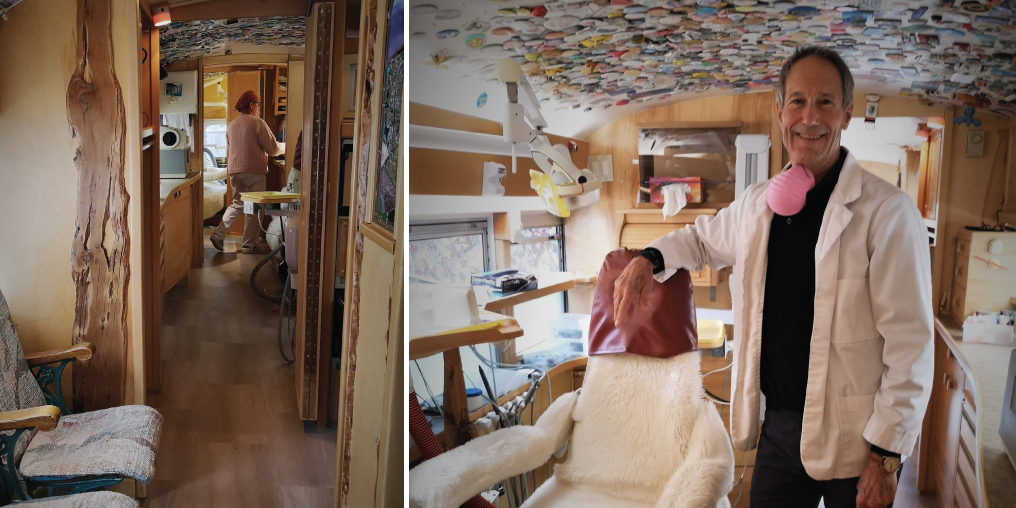
Operating out of a bus has allowed Walford to keep his overhead low and prices down.“Only 60 per cent of the population goes to a dentist regularly. Forty per cent don’t. But everyone has a mouth and should be able to get a reasonable amount of upkeep.
“With the economics of a typical dental practice, from the minute you start practice, with your debts and expenses, it pushes you into production. And then you are working hard and disregarding your body or disregarding the financial health of your clients. I didn’t want that.”
Walford’s choice of a sustainable career model had another benefit: it gave him time to study special interests in dentistry. He became an expert in the use of composite resin, adhesives, and complex restorations, speaking at conferences, mentoring, teaching, and writing for dentistry publications. He plans to continue with this aspect of his career.
Walford tried for several years to sell his practice but found no takers. The bus is still available, and Walford hasn’t entirely lost hope that some other intrepid dentist will buy it.
For now, as Walford’s long-term dental assistant Arlene Cearns says, with characteristic humour, “The wheels on this bus won’t be going round and round any more.” One thing is for sure: the Hornby and Denman Island mobile dental bus will always hold a valued place in Island history.





